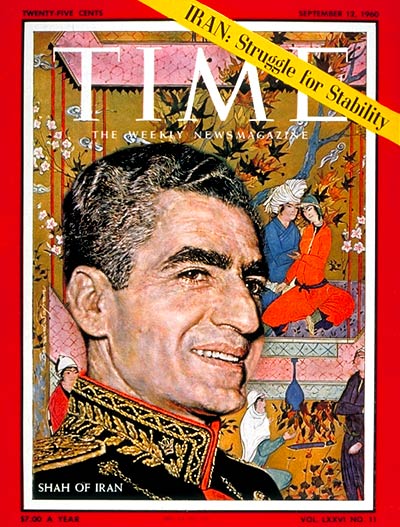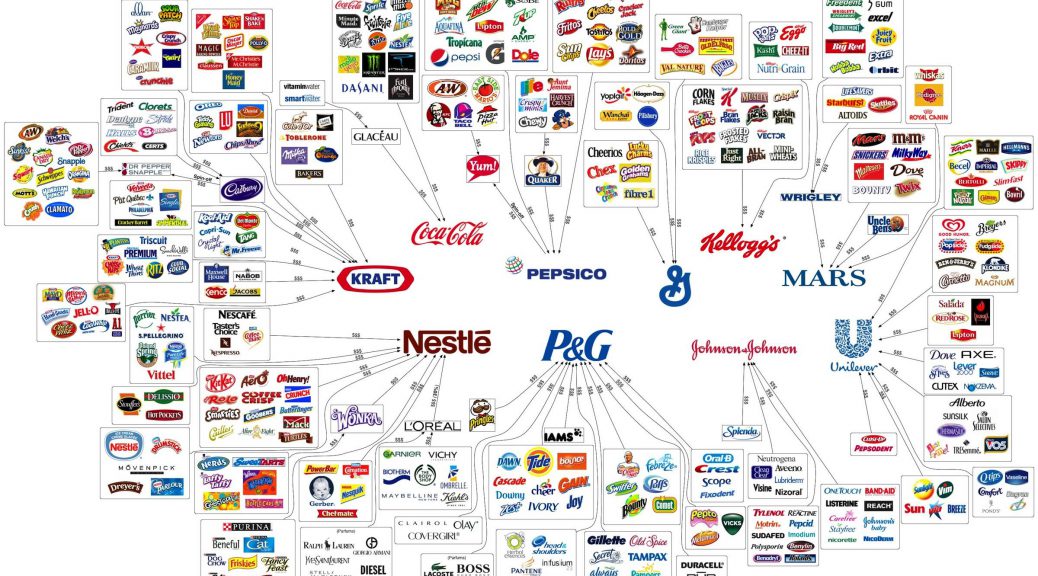Kurt Vonnegut talks about writing every day, depression experience, US anti-scientific minds. Good advice that matters. The First Gulf War is one of the topics Kurt Vonnegut discusses on set with Michael Atwood in this interview from 1991. This is the second of four sections of the interview. This interview originally ran in episode #208 (1991). See more segments from Across Indiana on WFYI’s website:http://www.wfyi.org/acrossindiana/
Ergonomic Sitting Styles – Active Sitting
This is an excellent video about posture, sitting and ergonomic well being from a furniture store in the US. I was particularly impressed with the quality of the video and the scientific argument presented. It could be fun to do some more research into this topic!
Lee Iacocca: External Factors Cannot Be Predicted
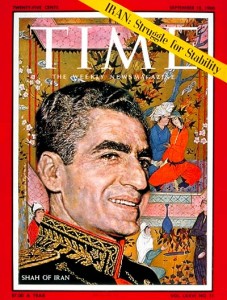 When the Shah fell in January 16th, 1979, the price of gas doubled. Gas guzzlers like RVs were the first to stop selling. The myth that the Big Three could have anticipated the spike in gas prices is foolish according for Iacocca. Until 1979, the customers wanted big V8 engines and demand was very high. Iacocca argues that small cars do not sell well in good times. The customers were leading the way. In 1978, Chrysler had small car but customers did not want to buy them. Period.
When the Shah fell in January 16th, 1979, the price of gas doubled. Gas guzzlers like RVs were the first to stop selling. The myth that the Big Three could have anticipated the spike in gas prices is foolish according for Iacocca. Until 1979, the customers wanted big V8 engines and demand was very high. Iacocca argues that small cars do not sell well in good times. The customers were leading the way. In 1978, Chrysler had small car but customers did not want to buy them. Period.
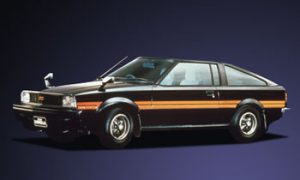 Customers were not interested in small cars before 1979 as evidenced by Honda and Toyota who were not performing well in the US. The fact is that Toyota and Honda built nothing BUT small cars so whenever the shift occurred they would benefit. Everything changed when 700,000 Toyotas were sold at black-market prices with $0.65 per gallon price tags. There was a 15% rise in demand for small cars in the first 5 months of 1979. This is a catastrophic shift. In one day, van sales fell by 42%. Iacocca was ready with plans for his K-car but the recession nosedived Chrysler towards a brutal destruction.
Customers were not interested in small cars before 1979 as evidenced by Honda and Toyota who were not performing well in the US. The fact is that Toyota and Honda built nothing BUT small cars so whenever the shift occurred they would benefit. Everything changed when 700,000 Toyotas were sold at black-market prices with $0.65 per gallon price tags. There was a 15% rise in demand for small cars in the first 5 months of 1979. This is a catastrophic shift. In one day, van sales fell by 42%. Iacocca was ready with plans for his K-car but the recession nosedived Chrysler towards a brutal destruction.
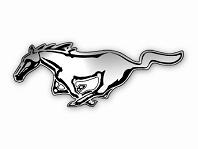 This is a synopsis & analysis based on Iacocca: An Autobiography and other miscellaneous research sources. Enjoy.
This is a synopsis & analysis based on Iacocca: An Autobiography and other miscellaneous research sources. Enjoy.
The Companies That Dominate The Consumer Marketplace
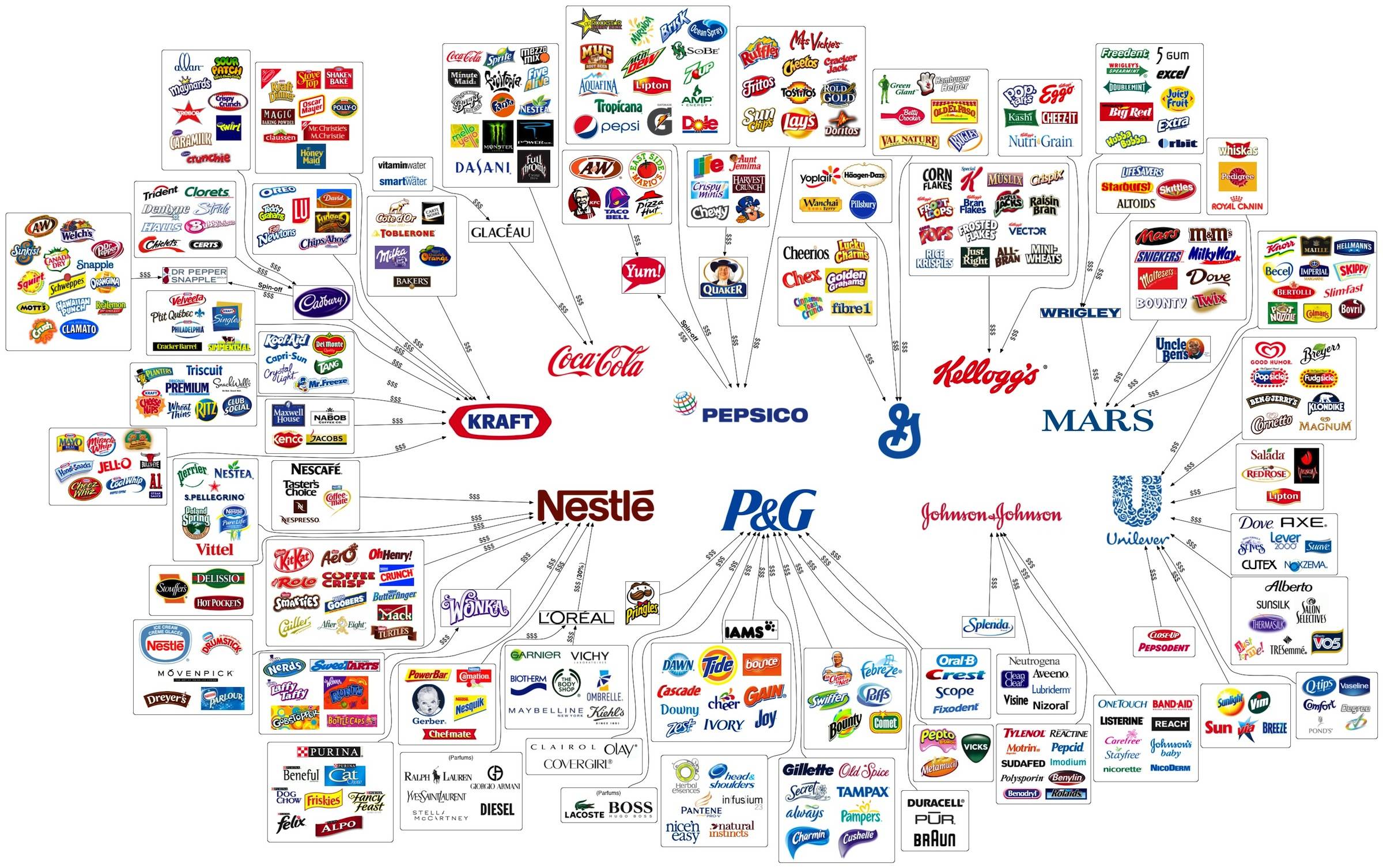 What does the domination of the consumer marketplace by these 10 conglomerates mean for innovators, entrepreneurs and new entrants? How can new products overcome the dominant brands already present? Surely, there is a constant state of flux…Is the challenge going to increasingly be made through e-Commerce led distribution of goods rather than through brick and mortar product delivery? Would it be wiser to build up equity, assets and infrastructure then sell into one of the dominant conglomerates? Learn more about theses companies at MINA.
What does the domination of the consumer marketplace by these 10 conglomerates mean for innovators, entrepreneurs and new entrants? How can new products overcome the dominant brands already present? Surely, there is a constant state of flux…Is the challenge going to increasingly be made through e-Commerce led distribution of goods rather than through brick and mortar product delivery? Would it be wiser to build up equity, assets and infrastructure then sell into one of the dominant conglomerates? Learn more about theses companies at MINA.

